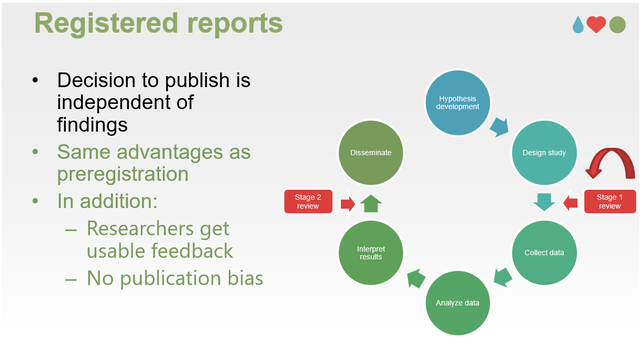I’m part of the #EEGManyLabs project testing the #replicability of influential #EEG studies. We are using #PredictionMarkets as a tool in this effort and you are invited to take part, especially if you have some expertise in EEG research, no matter how little. See below for details.
You may well know about the success of “prediction markets” in forecasting the likelihood of replication (e.g., Dreber et al., PNAS 2015). We are delighted to announce that we have partnered with economists who led these seminal studies to test the wisdom of the EEG community.
From today (as we near the end of recruitment for this project - please see last calls below), we are opening a survey to ask you to vote on the likelihood of some hypotheses studied in the #EEGManyLabs project. Subsequently, you will be invited to bet on the likelihood of success through a stock market platform, where you will earn real money for you or a selected charity.
The success of this effort will become clear when we complete the full project in a few years time. But the results will immediately tell us about the degree of optimism/pessimism amongst our community.
So, please share this widely and place your bets now...
How can I sign up for the prediction markets? Registrations to participate in the prediction markets are administered via the sign-up form linked below. You must have experience of working with EEG (for example, through collecting and/or analysing EEG data, which may be evidenced by having published peer-reviewed articles or preprints with EEG or equivalent experience e.g. designing, collecting and analysing data from EEG experiments).
#neuroscience #psychology #replication #replicationcrisis #reproducibility #metascience
https://pavlovug-dot-yamm-track.appspot.com/2fDq4NW3JydtlOhg09G1yGVAVSU8W-Whs6kPML9_ZfizxufZcjwEmQPWP5AnyD8NUrSZsBDvk7fYcappAg1Sgo3_tXQFMEu2Cc91Q_7ZoUrnvmZiS20DZiHsSFcGXN3Cpu_h990jl35DhtizskaAYiFIXKDiVMD0arROUO4-wXStjr4hF_n39GH14z3uQM6NK9ioOU86MruRx


